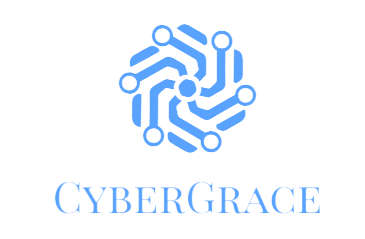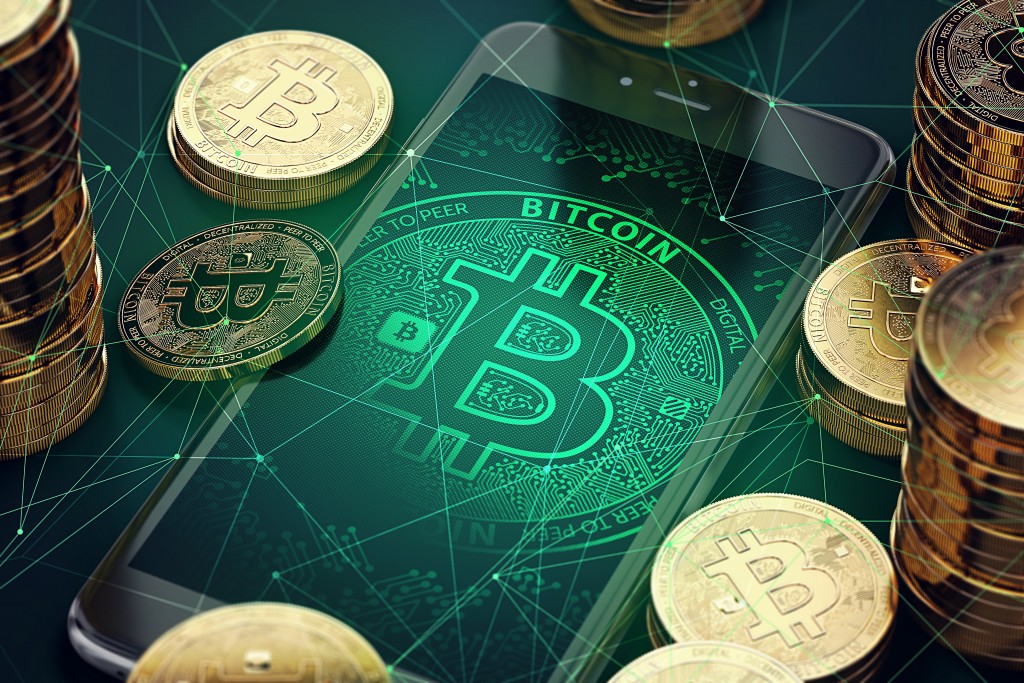Are we headed to establishing a cashless society with the strong rise of cryptocurrencies? For many years, the possibility of having a currency exchange without government control has fascinated traders and investors. The report from analysts that the market was “mildly bullish” adds to the growing excitement about this industry’s prospects. Given the increase of returns posted by Bitcoin as of August 4th, investors and traders alike remain optimistic even as pandemic-related market crashes and business bankruptcies are happening in traditional markets and industries.
There are 130 countries around the world that have some form or system of regulation for cryptocurrency. These countries are found in the the Americas, the Caribbean, in many European Union states, Central Asia, parts of the Middle East and Africa, as well as in East Asia and the Pacific. Regulation is highly important in this new and exciting industry given that there is an estimated 1,600 crytocurrency companies in operation across the globe and the numbers are still rising. For Bitcoin alone, there is already a long list of companies involved various industry-related services such as payment service provider, wallet provider, bitcoin exchange, and trading platform. Other popular cryptocurrencies include Libra, Litecoin, Tether, and Ethereum.
The total market capitalization for all current and active virtual currencies or VCs is now at $237 Billion. Given the money to be made in this “New Gold Rush” in cyberspace, many companies are pulling all the stops in their marketing and advertising campaigns for their VC and cryptocurrency services. The growing competition in the digital money industry prompted many players to use professional search engine optimization services to gain every advantage in attracting buyers, investors, and other industry clients.
What Is a Global Digital Currency?
Despite the present ubiquitous status of virtual currencies, there are still people who do not really understand the concept of digital money. In simple terms, an international or global currency is a “money” that is accepted across all borders. For example, the US dollar and the UK pound sterling are currencies that are recognized as legal tender that can be used to make a purchase or pay for a certain debt. As practiced, one just needs to exchange a currency such as US dollar into its equivalent value in the local currency of a particular country. It is generally the same concept for a proposed Global Digital Currency only that it does not involve paper bills and metallic coins. The digital currency is a digital asset that is stored and secured via cryptography in a database or connected databases called blockchains.The blockchain is a public ledger and network that records all transactions made using a cryptocurrency or digital money.
The Bank of International Settlements has reported that many central banks are now conducting experiments with digital currency, a move that might run counter to the anti-control and counter-manipulation principles behind the original digital money concept. This drive for monetary independence was actually acknowledged by world financial leaders including Mark Carney, the Governor of the Bank of England who was once quoted as saying that: “The (US) dollar’s dominance prevents the rest of the world, and especially developing countries, from controlling their own monetary policy.” Generally, a nation that does not have full control over its own monetary policy is vulnerable to fluctuations in interest rates which, in turn, has an impact on employment, production, government spending, inflation, and investments. In short, an economy’s growth or decline is highly affected by the control or lack of control over monetary policy. What is being envisioned by a number of finance futurists is the development of a network of digital currencies that are still controlled by the central banks.
Obstacles to Global Digital Currency

Experts claim that one of the reasons behind the development of the Bitcoin in 2009 was to provide people with a more secure means of exchange that is protected from market volatility, an instability that wreaked havoc during the 2008 Global Financial Crisis. As a global reserve currency, Bitcoin as the pioneer may be the logical candidate but it is still faced with two challenges: one, the total possible number of bitcoins is pegged at 21 million; and two, 18 million of Bitcoin had already been mined. It is a demand and supply question for Bitcoin that is still waiting for an answer. The same challenge will be faced by other digital currencies unless a universal method of regulation is set in place. At present, it is still a debate in financial and monetary philosophy among major market players, government regulators, and other key stakeholders.
Tackling the issue of global regulation standards is also inevitable. In the area of taxation alone, countries have different tax regimes for virtual currencies. For example, in Israel a digital currency is taxed as an asset while in Switzerland it is categorized as a foreign currency. In Spain, gains in digital currency are covered by income tax while in the UK, an individual only needs to settle it as part of capital gains tax.
The digital currency revolution that began with Bitcoin is only 11 years old. There is still much research and testing needed in order to determine cryptocurrency’s long-term practicality and stability. But the signs are ubdoubtedly clear that digital money is here to stay.

